The Cultural Route offers great and unique opportunities for sustainable cultural tourism development in terms of new products and services, particularly related to religious and pilgrimage tourism.
The route links several archaeological sites, such as Pafos, Philippi, Amphipolis, Thessaloniki (Roman), Acropolis of Athens and Corinth, where Paul tought. Most of these are in the UNESCO World Heritage list and of great interest to millions of visitors from all over the World.
The route also includes two of the Roman roads, Via Appia in Italy and its continuation in Greece, Via Egnatia. Paul walked along both and the remains of these historic Roman roads offer great walking trails for visitors to experience nature and history at the same time.
Along the route are also Museums related to Pauline traditions, such as Byzantine museums in Athens, Thessaloniki and Pafos.
The Foro Appii in Lazio offers visitors experiences and gastronomy of the time of Paul. Also in several places along Via Appia Antica there are castles and cultural sites, including local gastronomy (Itri, Fondi, Terracina).
Tourism Products
Cultural Tourism in the form of religious and pilgrimage visitors along the route in Cyprus, Greece and Italy (initially, at a further stage also Malta and Spain).
In particular, there are several trails of walking tourism and slow travel that integrate UNESCO World Heritage Sites, St Paul churches and festivals in Pafos, Cyprus, Central Macedonia, Greece and Lazio Region, Italy.


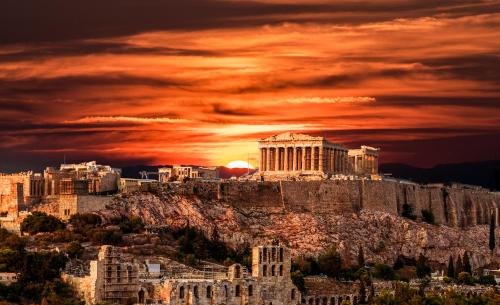
Sustainable Cultural Tourism is the integrated management of cultural heritage and tourism activities in conjunction with the local community, creating social, environmental and economic benefits for all stakeholders in order to achieve tangible and intangible cultural heritage conservation and sustainable tourism development. (European Commission DG EAC, OMC Report 2019).
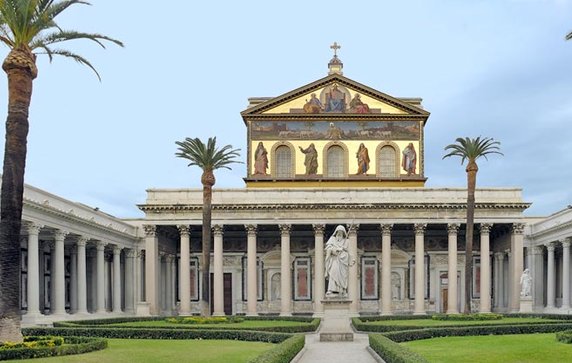
Sustainable Tourism is tourism that takes full account of its current and future economic, social and environmental impacts, addressing the needs of visitors, the industry, the environment and host communities. (UNWTO).
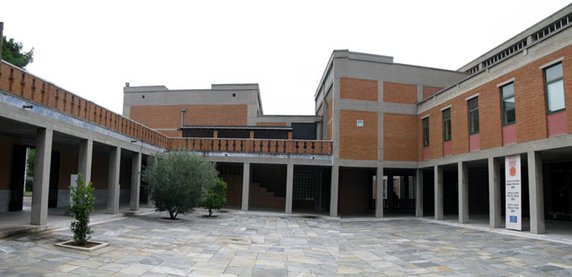

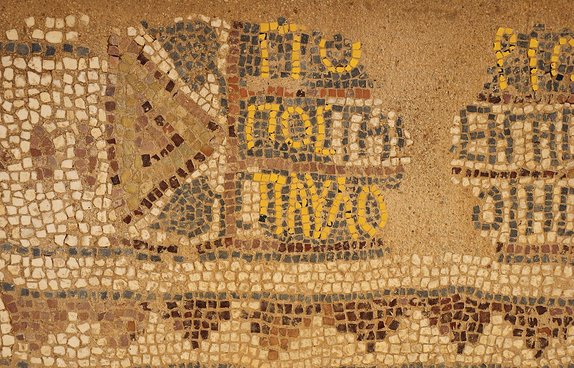
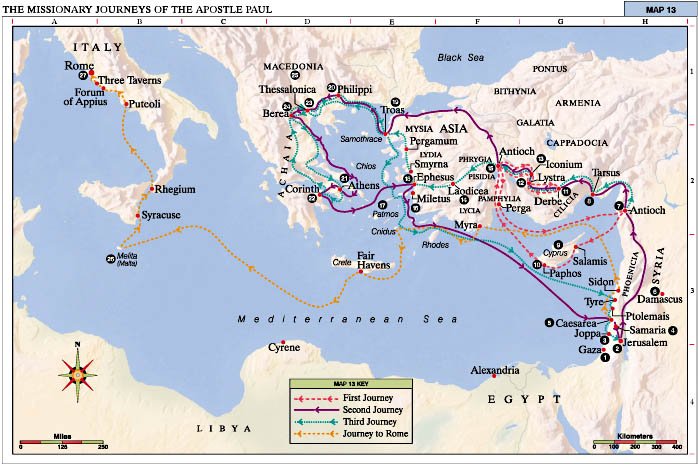
Get in Touch
European Grouping of Territorial Cooperation
"In the footsteps of St Paul, the Apostle of the nations" - Cultural Route
c/o Region of Central Macedonia,
26 October street 64,
Thessaloniki 54627
Greece
